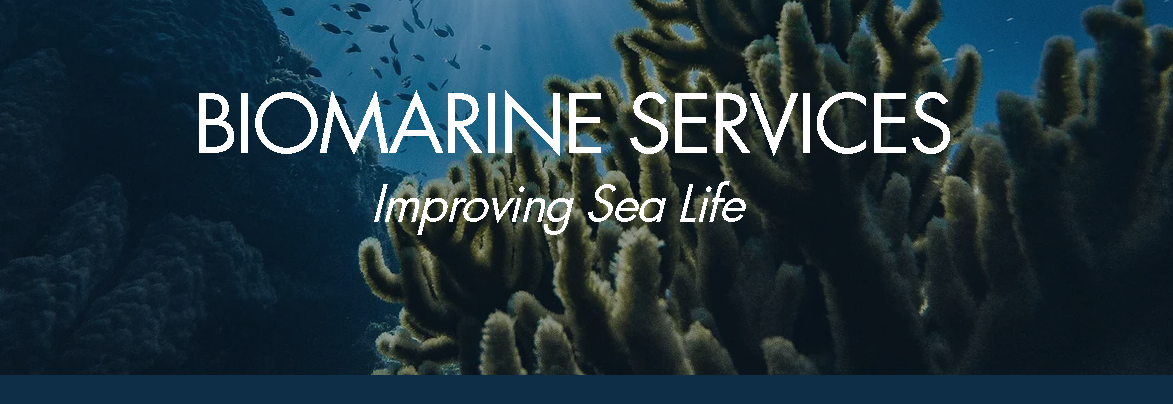The International Maritime Organization (IMO) Ballast Water Management Convention (BWM Convention) aims to prevent the spread of harmful aquatic organisms and pathogens carried in ship ballast water. To ensure compliance, the IMO mandates the use of type-approved Ballast Water Treatment Systems (BWTS) and their validation through D2 Commissioning Testing.
What is D2 Commissioning Testing?
D2 Commissioning Testing is a rigorous process designed to verify that a newly installed BWTS meets the D2 biological discharge standard outlined in the BWM Convention. The D2 standard sets strict limits on the number of viable organisms that can be discharged in ballast water. Key components of the testing involve:
- Detailed Verification: A thorough assessment of the installation of the BWTS, ensuring it aligns with the manufacturer's specifications and design.
- Mechanical and Operational Testing: Checks on the BWTS components, calibration, alarms, sensors, and overall system functionality.
- Biological Sampling and Analysis: Collection and analysis of ballast water samples before and after treatment to determine the discharge concentrations of specific organisms (Total heterotrophic bacteria, E. Coli, and Enterococci). Test results must meet or exceed the D2 standard.
Why is D2 Commissioning Testing Important?
- Regulatory Compliance: The BWM Convention necessitates D2 Commissioning Testing for all ships with a newly installed BWTS. A successful test report is critical for obtaining the International Ballast Water Management Certificate (IBWMC), a mandatory document for vessel operation.
- Performance Validation: D2 testing ensures the BWTS is functioning as designed, validating its treatment efficacy. This provides confidence to ship owners and operators that they are meeting environmental regulations.
- Environmental Protection: Effective ballast water treatment is vital for preventing the spread of invasive aquatic species that can disrupt marine ecosystems and economic activities. D2 testing offers reassurance that the BWTS is working to safeguard ecological health.
Who Conducts D2 Commissioning Testing?
To guarantee impartiality and reliability, IMO regulations stipulate that D2 Commissioning Testing must be carried out by an independent third-party service provider. This provider cannot be the BWTS manufacturer, the shipyard, or the installation company. Approved service providers typically have the following characteristics:
- Technical Expertise: Extensive knowledge of ballast water treatment systems, sampling procedures, and laboratory analysis.
- IMO Authorization and Classification Society Approval: Recognized by the relevant flag state administration and classification societies.
- Global Network: Ability to perform testing in various ports worldwide to accommodate ship schedules.
The D2 Commissioning Testing Process
The D2 Commissioning Testing process generally follows these steps:
- Selection of Service Provider: Ship owners choose an approved, independent testing company.
- Pre-Test Preparation: The testing company coordinates with the ship's crew and manufacturer, reviewing system documentation and preparing sampling equipment.
- Onboard Testing: The testing company performs installation verification, mechanical and operational checks, and collects water samples.
- Laboratory Analysis: Samples are analyzed for the presence of the regulated organisms.
- Test Report: A comprehensive report is generated, detailing test findings and compliance with the D2 standard.
In Conclusion
D2 Commissioning Testing is a crucial element in ensuring that ballast water treatment systems operate effectively and in compliance with international regulations. By adhering to D2 testing requirements, ship owners and operators demonstrate their commitment to responsible environmental practices and contribute to maintaining healthy marine ecosystems.
